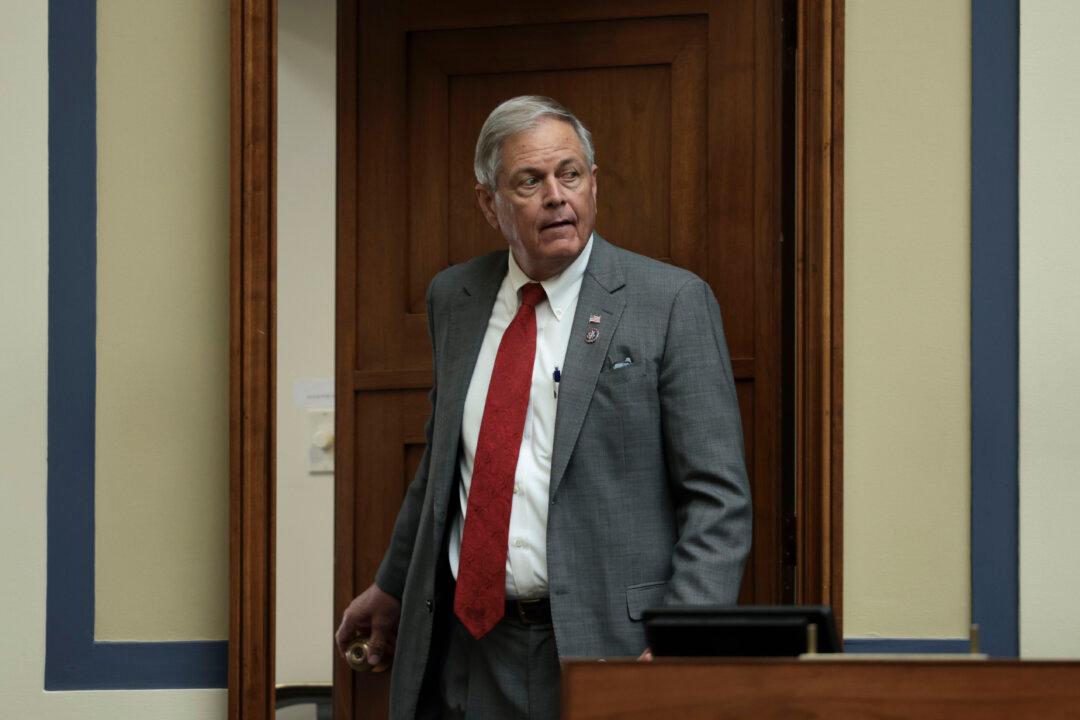Rep. Ralph Norman (R-S.C.) said that he and 10 other House Republicans recently voted against debating a bill to prevent a ban on gas stoves in part owing to a threat related to the debt ceiling legislation.
“Last week during the debate, on passing the [debt ceiling] package that was sent to the Senate, one of our members was threatened,” Norman told EpochTV’s “Crossroads“ program. ”And actually several [members] were threatened that if you voted against the bill, they’re going to take down specific rules.”





